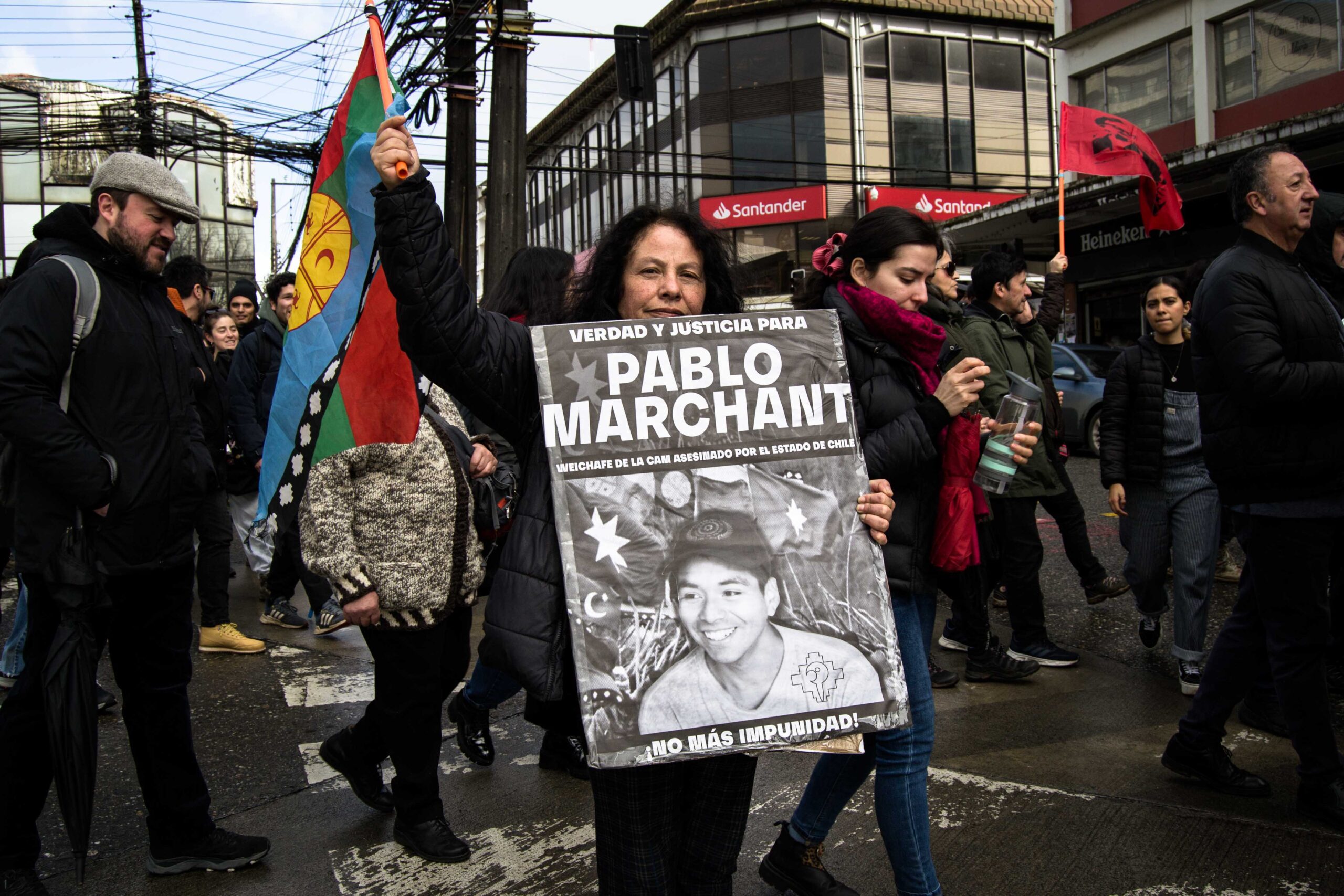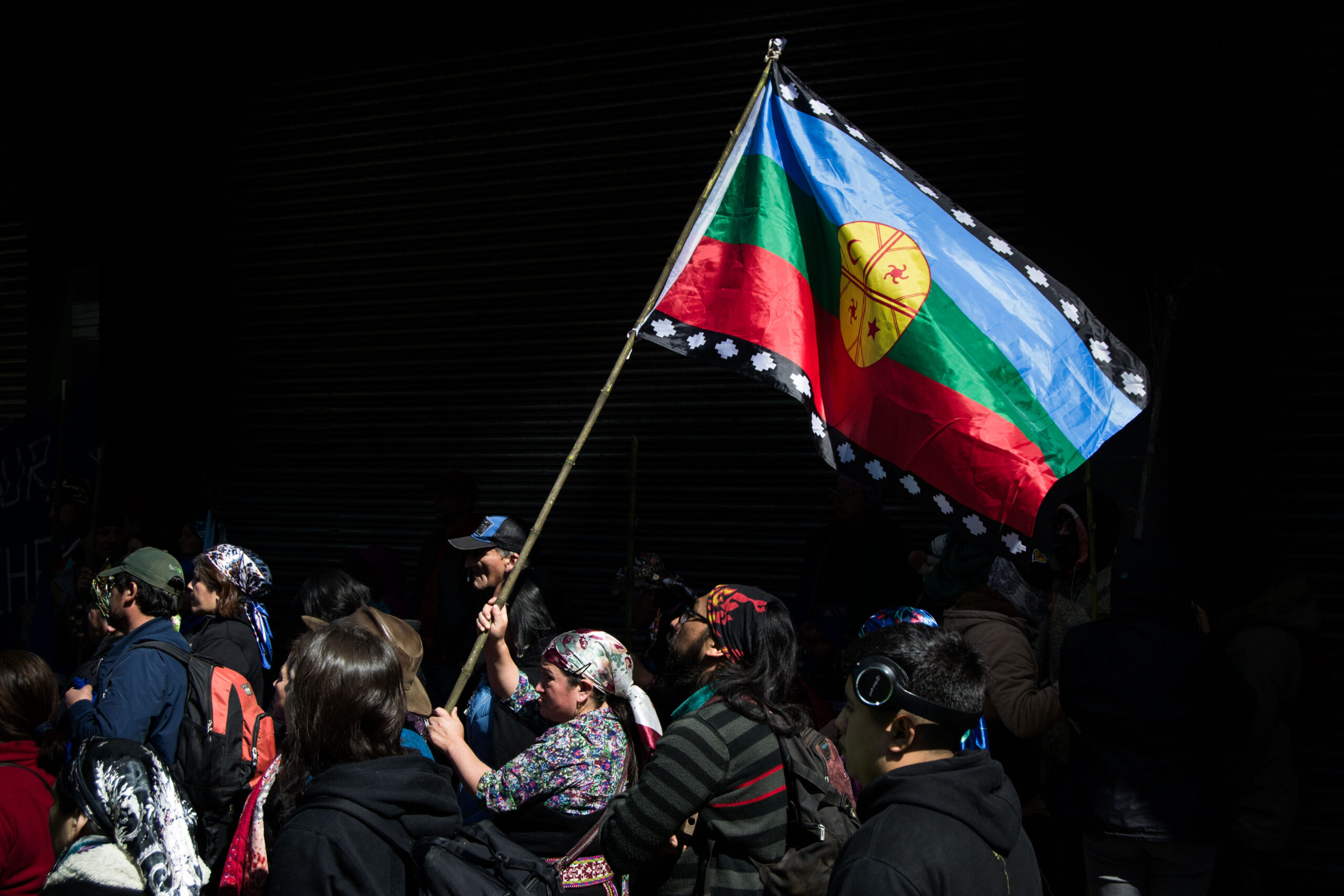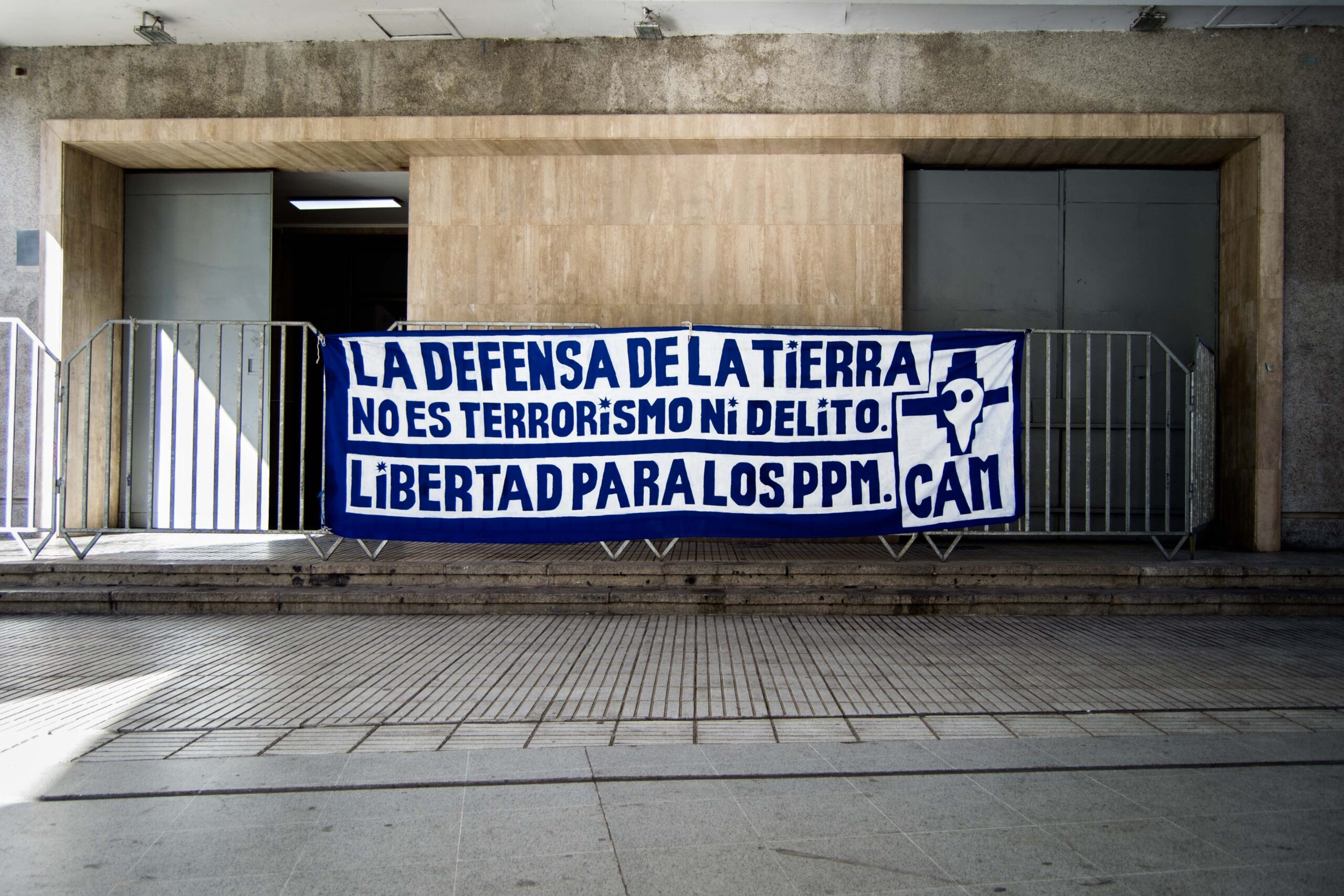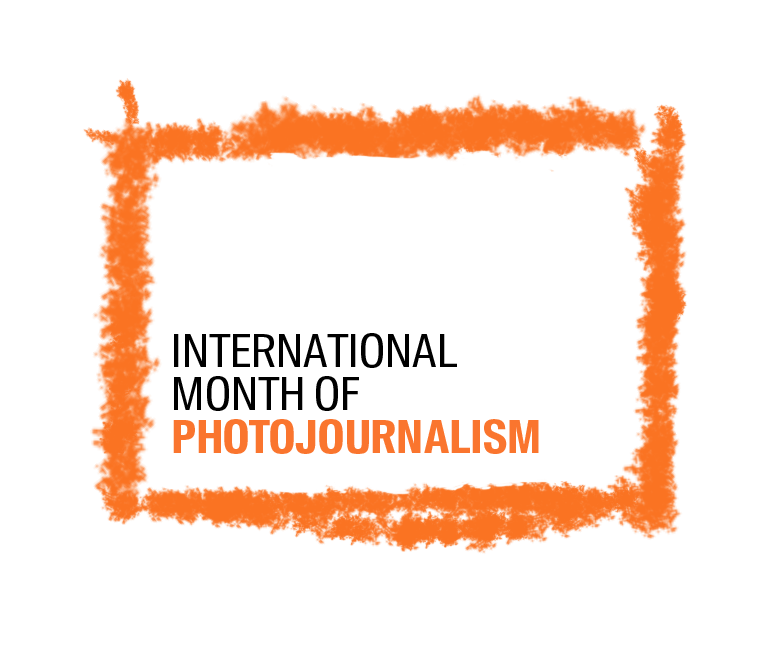


LIBRERIA ZABARELLA
VIA ZABARELLA 80
MON TO SAT 10.00 – 12.30
15.30 – 19.00
Giuseppe Santaguida
“Weichán – La lotta del popolo Mapuche”

Location: CILE
Chile is a country of 18 million inhabitants. It is home to 10 ethnic minorities officially recognized by the Indigenous Law 19,253, but not by the Constitution. According to a 2017 census, they represent approximately 12.8% of the population. Among them, the largest is the Mapuche.
The Wallmapu is the ancestral territory of this people, which in the past included the territories of the central part of the Cono Sur, through the current states of Chile and Argentina: from the Limarí River, to the Chiloé Archipelago, from the Province of Buenos Aires to Patagonia.
Today, in Chile this territory corresponds to the so-called “Macrozona Sur”, which includes the regions of Biobío, Araucania, Los Riós and Los Lagos. This macro-region is traditionally marked by the “Mapuche conflict”, a long-standing conflict that sees indigenous communities pitted against the interests of many private companies and the Chilean state on a daily basis.
In their thousand-year history, the Mapuche have had to resist several invasion attempts. The first were the Incas, who never managed to expand their empire south of the Biobío River. Later, the Spanish tried to invade the territories to the south in search of precious metals. Again, the Mapuche put up a fierce resistance, among the most heroic ever carried out in the Americas, forcing the European invaders to reconsider their claims. Once independence from the Spanish crown was achieved, the states of Chile and Argentina decided to put an end once and for all to the aspirations of freedom of the Mapuche people with military campaigns known as the “Pacification of Araucania” on the Chilean side and the “Conquest of the Desert” on the Argentine side. These campaigns put an end to the independence of the Mapuche people and reduced the indigenous territory to a few hundred hectares, within which the survivors were confined. Since then, the Mapuche people have been forced to fight to have their cultural, territorial and economic rights recognized.
ABOUT GIUSEPPE SANTAGUIDA
Giuseppe Santaguida graduated in “International Economics and Business Management”, with a thesis on the role of NGOs in the economy of developing countries. Always passionate about photography and reportage, he attended several courses at the Institute of Research and Training in Social Sciences of Padua, mainly focused on documentary photography and the promotion of ethical and social photography. He has been collaborating for several years with associations active in the fields of culture, social issues and international cooperation. In July 2023, he decided to participate in a Universal Civil Service project in Chile. Thanks to this choice, he had the opportunity to collaborate with Operazione Colomba, active in the area for years, dedicating himself mainly to the observation and monitoring of respect for human rights in the country, living in close contact with indigenous communities and people involved in the so-called “State-Mapuche conflict”.
